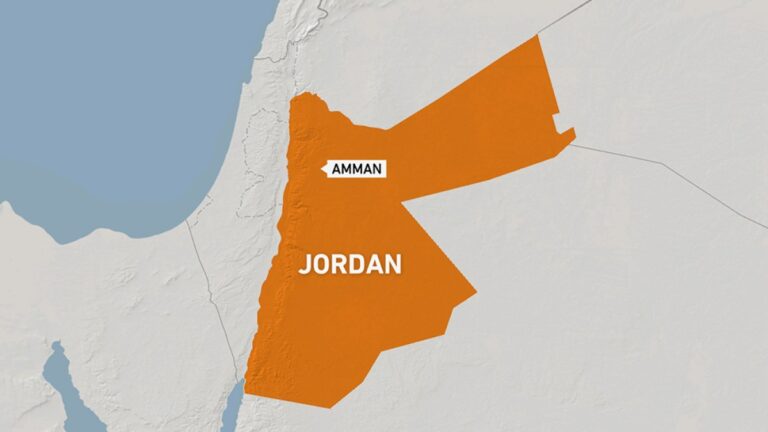**Title: US-Middle East Economic Relations: A Dynamic Landscape in 2023**
*Date: October 2023*
*By: [Your Name]*
In recent developments, the economic relationship between the United States and the Middle East continues to evolve, reflecting both challenges and opportunities for growth. Recent data indicates that trade between the two regions has seen fluctuations, influenced by geopolitical tensions, energy prices, and shifting investments.
According to a recent report by Al Jazeera, the U.S. has maintained a robust trade relationship with several Middle Eastern nations, particularly in the energy sector. Crude oil prices, which have experienced volatility in the global market, play a significant role in this relationship. The U.S. has been a major importer of oil from countries like Saudi Arabia and Iraq, but recent shifts towards renewable energy sources are prompting discussions about diversifying energy imports.
In a statement to Al Jazeera, an economic analyst noted, “The U.S. is looking to balance its energy portfolio while still maintaining strong ties with Middle Eastern oil producers. This dynamic is crucial for both economic stability and energy security.”
Furthermore, investments in technology and infrastructure are on the rise, with American companies increasingly seeking opportunities in the Gulf states. The UAE and Saudi Arabia are focusing on diversifying their economies away from oil dependency, creating a fertile ground for American tech firms. Al Jazeera reports that partnerships in sectors such as renewable energy, artificial intelligence, and smart city development are becoming more prevalent.
However, challenges remain. The ongoing geopolitical tensions in the region, particularly concerning Iran, have led to uncertainties that could affect trade agreements and investment flows. Experts warn that any escalation in conflicts could disrupt supply chains and impact economic growth in both regions.
In a recent interview, a U.S. State Department official emphasized the importance of diplomatic channels in sustaining economic ties with Middle Eastern nations. “Our goal is to foster a cooperative economic environment that benefits both sides while addressing regional security concerns,” the official stated.
As the U.S. continues to navigate its economic relationships with Middle Eastern countries, the focus on mutual benefits and long-term investments remains paramount. Both regions are poised to adapt to changing market dynamics, but the path forward will require careful diplomacy and strategic planning.
As the global economy becomes increasingly interconnected, the U.S.-Middle East economic relationship will be a significant factor in shaping future trade policies and investment strategies.
*For more updates on this evolving story, stay tuned to Al Jazeera.*
—
Feel free to let me know if you would like me to make any modifications or add more details!






